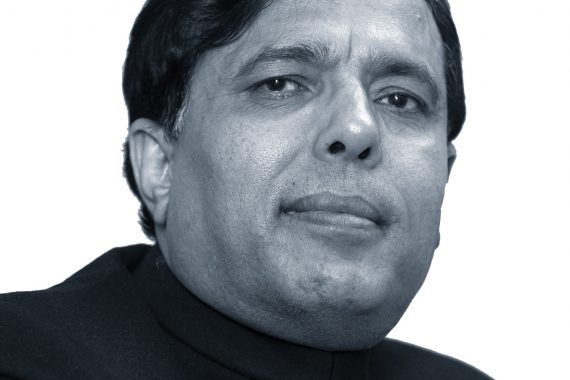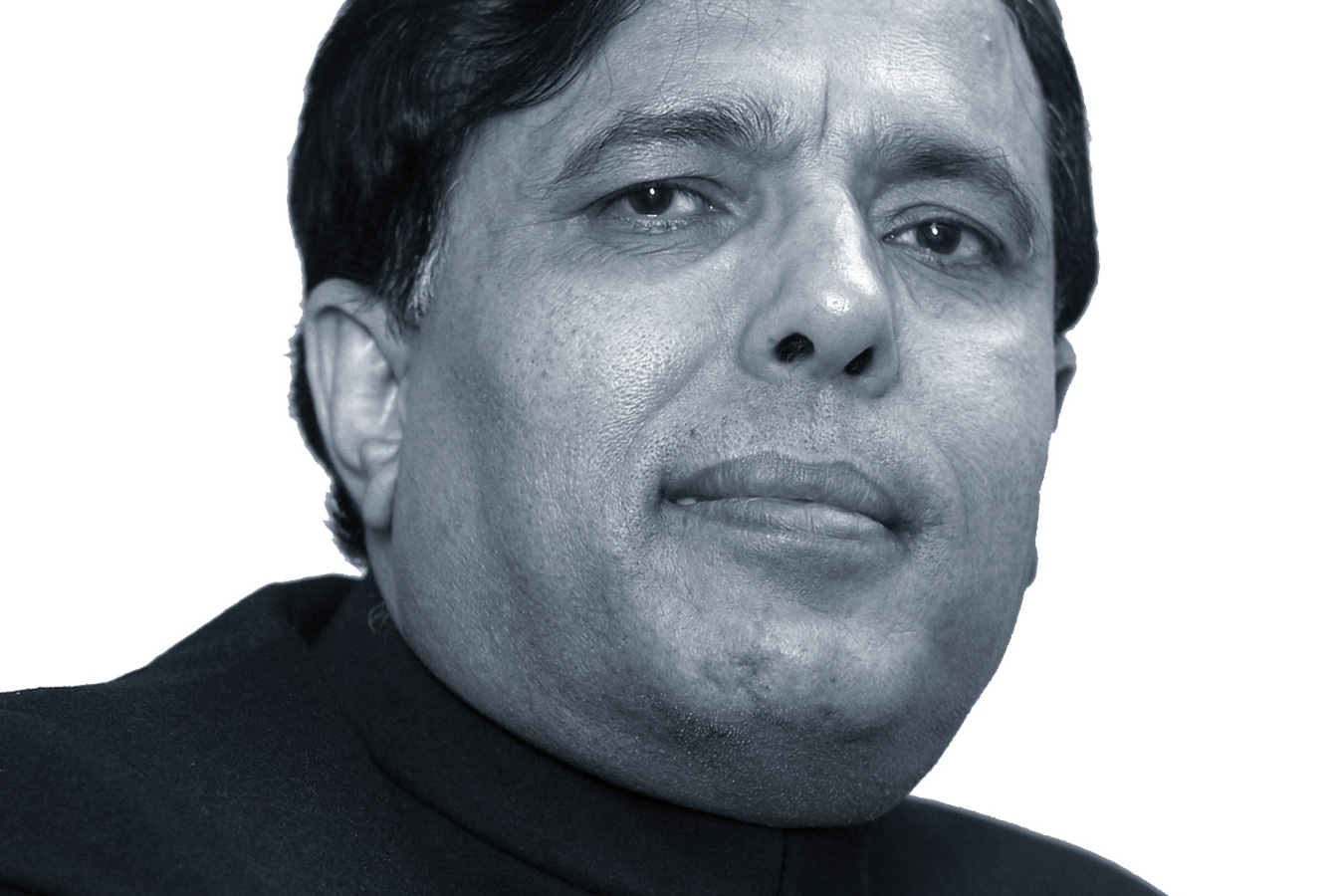This 10-year plan is part of the same plot to finish off general practice


Prime Minister Theresa May and NHS England chief executive Simon Stevens finally launched their much-trailed 10-year NHS plan yesterday.
In my view, give or take a few areas, this is a continuation of the NHS 2000 modernisation plan of the Tony Blair government. Old wine in new bottles. The end game is one where ‘NHS’ will simply be a ‘kitemark’ attached to institutions and activities of a system of private providers.
Under the NHS modernisation plan, this was to be achieved by integrated care organisations. Multidisciplinary teams of medics would be housed in a nationwide infrastructure of polyclinics, providing primary and secondary care, in contractual relationships with foundation trust hospitals, and with decisions on commissioning undertaken by PCTs. The aim was for PCTs to increasingly outsource commissioned services to the private sector, to outsourcing firms, out-of-hours companies, urgent care centres and so on.
The corporate presence in the NHS is already substantial. Now, the whole of England is to be covered by integrated care systems (ICSs) in just over two years, with ICSs ‘central to delivery of the long-term plan’ which is essentially a market model of health care that can be taken over by the likes of Virgin and United Health.
The 10-year NHS plan is in reality a policy statement to solve a political – not practical – problem
Patients will have ‘a new right’ to switch from their existing GP to a ‘digital first’ provider and all patients in England will have access to a ‘digital first primary care offer’, such as online or video consultations, by 2022-23 – another nail in the coffin of the general practice model of care.
The plan states that £4.5bn has been allocated to primary and community care, which will be used to back the rollout of primary care networks (covering populations of 30-50,000 people) across the country, as well as integrated community hospital hubs, with a major focus on multi-disciplinary teams. The number of CCGs is set to be slashed, with one for each ICS footprint.
ICSs and their focus on population health are seen as central to the plan, and to delivering what is now being called ‘triple integration’ – of primary and specialist care, physical and mental health services and social care. The private sector will be licking its lips, metaphorically speaking, at the prospect.
The 10-year NHS plan is in reality a policy statement to solve a political – not practical – problem. As I have argued before, the total £20.5 billion funding will barely make up for eight years of austerity that have crippled the NHS and social care and undermined public health. This extra cash is too little to prevent patients having to wait even longer for both GP and hospital care. NHS spending growth is set to be at an all-time low. The risks of longer waiting times, the clogging up of primary care services, cancelled operations, instability in primary and secondary care, and sinking staff morale will continue. The gap between policy rhetoric and supply has never been starker.
There is nothing in the plan’s outlined aspirations – keeping people out of hospital, caring for the vulnerable in the community, earlier diagnosis of treatable disease – that any right minded person wouldn’t want to do or make happen. The question is how are we going to meet the challenge? Where will the money and the personnel come from?
Analysis by the King’s Fund, the Health Foundation and the Nuffield Trust suggests the health service could be short of more than 350,000 staff if it continues to lose employees and cannot attract enough from abroad.
And we have to understand that while the details of the 10-year NHS plan are being debated, the plans and models for achieving its aims of finishing the traditional general practice model in the guise of modernising primary care, are quietly going ahead, rarely mentioned, let alone analysed.
In short, I believe the NHS 10-year plan is a continuation of the NHS 2000 modernisation plan, breaking up our single national service into over 40 ICSs with rigidly fixed budgets, rationed services, and the development of deskilled community units which will undermine both primary and secondary care. May’s NHS plan is no panacea for a broken NHS, only a re-run of previous plans and gimmicks that can only end in tears.
Dr Kailash Chand is a retired GP in Tameside









